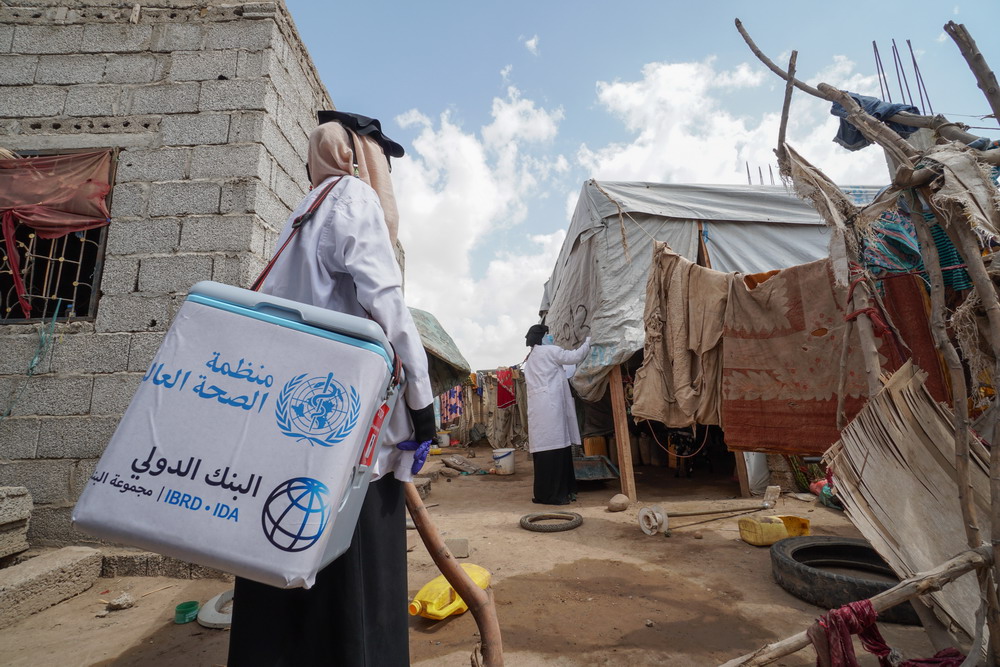Polio is a highly contagious viral disease that mainly affects children and can cause permanent, lifelong paralysis. Over three decades, the Global Polio Eradication Initiative has worked with governments and partners to slash the number of polio cases from hundreds of thousands worldwide, to several dozen. But polio anywhere is a threat to children everywhere, and in places where immunity levels are lower than they should be, the risk of a polio outbreak is high. The way forward is to vaccinate all children with oral polio vaccine (OPV) so that the virus has nowhere to go and dies out.
Yemen has long maintained a vigilant polio surveillance system, consistently meeting or exceeding the two international indicators of effectiveness.
Even when a country is not in an outbreak situation, regular vaccination campaigns are conducted to maintain high immunity levels – Yemen’s last was in December 2019.
Yemen’s current outbreak is caused by the vaccine-derived poliovirus type 1 strain, which emerges in communities where not enough children have been vaccinated.
Outbreak response includes three rounds of vaccination, targeting all children under age 5.
In the first round of response, vaccinators gave polio drops to more than 5.1 million children.
Eleven percent of children vaccinated were aged under one year and received polio drops for the first time.
Plans are under way to improve Yemen’s laboratory testing capacity, one of the foundations of a robust polio surveillance system.



